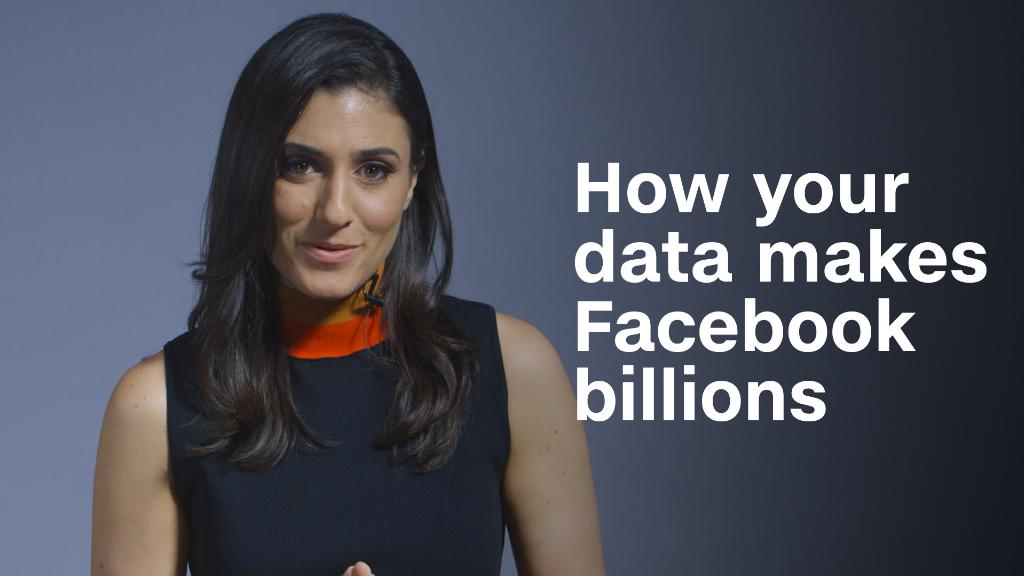
Facebook users will soon be able to clear their browsing history on the social network.
On Tuesday, CEO and founder Mark Zuckerberg said the company is adding a new privacy feature that lets you clear your browsing history on Facebook (FB), including what you've clicked on and which websites you've gone to.
"In your web browser, you have a simple way to clear your cookies and history. The idea is a lot of sites need cookies to work, but you should still be able to flush your history whenever you want. We're building a version of this for Facebook too," he wrote in a Facebook post.
Once the update is rolled out to users, they will also be able to see information about the apps and websites they've interacted with that use Facebook's ads and analytics tools. Users will be able to remove this information from their account, too.
Related: Your Facebook data scandal questions answered
"To be clear, when you clear your cookies in your browser, it can make parts of your experience worse. You may have to sign back in to every website, and you may have to reconfigure things. The same will be true here. Your Facebook won't be as good while it relearns your preferences," Zuckerberg said.
The company said it would take "a few months" to build the feature.
The announcement comes ahead of Facebook's annual developer conference F8 in San Jose on Tuesday. Zuckerberg is set to give a keynote speech at 1 p.m. ET in the midst of the company's ongoing privacy crisis.
Last month, Zuckerberg testified on Capitol Hill on the company's role in allowing Cambridge Analytica, a UK-based political data firm that worked for Donald Trump's presidential campaign, to improperly access data on 87 million people.
On Tuesday morning, Facebook also suddenly began offering users an option to flag every post in News Feeds and elsewhere as hate speech. The feature appeared on desktop, but not on mobile.
The question "Does this post contain hate speech?" started appearing under all posts until about 11:30 a.m. ET. If users clicked yes, they could give feedback on the post. The options were "Hate Speech," "Test P 1," "Test P 2" and "Test P 3."
A Facebook spokesperson told CNNMoney a "bug" caused the test to launch publicly.
"This was an internal test we were working on to understand different types of speech, including speech we thought would not be hate," the spokesperson said. "It's been disabled."

